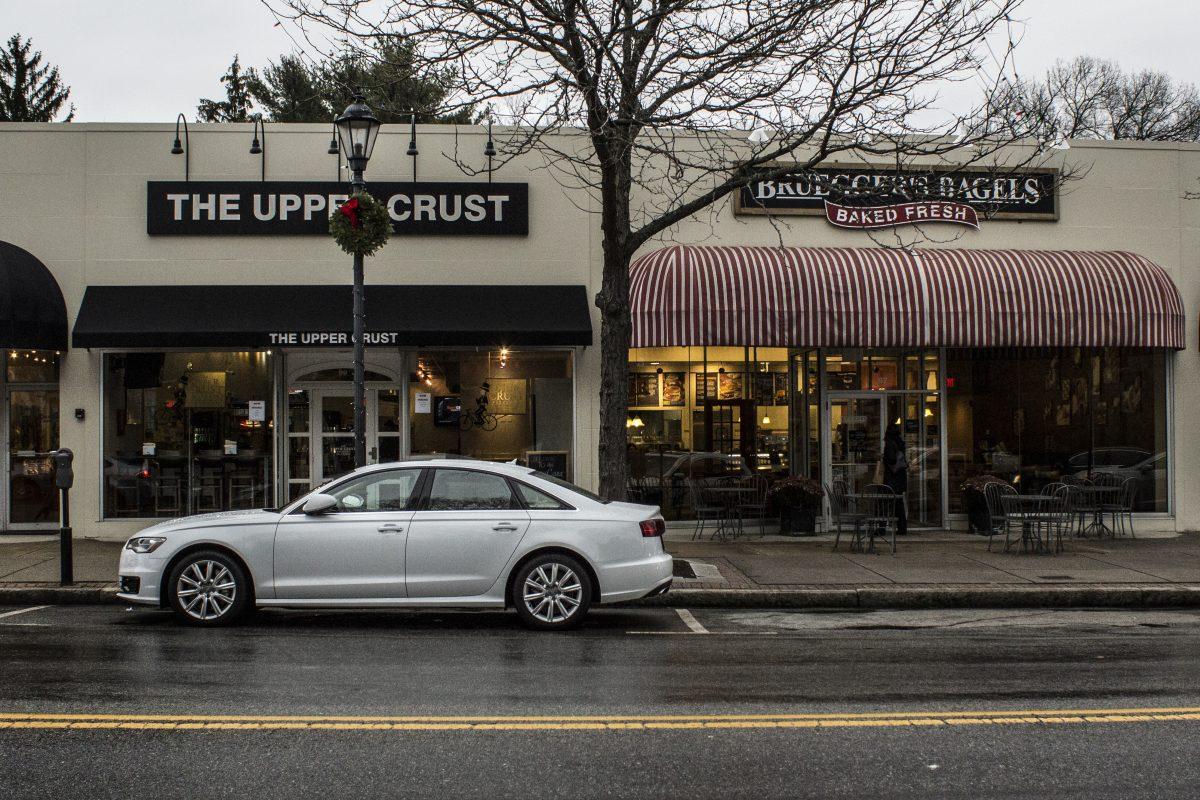With the Massachusetts minimum wage set to increase from the current $9.00 per hour to $10.00 per hour on Jan. 1 2016, off-campus jobs may begin to attract more students. Although often less convenient than working on campus itself, off-campus jobs allow Wellesley students to further supplement their income, and offer valuable employment experience.
Some students work off-campus in addition to working on-campus jobs in order to fulfill Federal Work-Study requirements. A large number of off- campus jobs are ineligible for Federal Work-Study, owing to Federal Work-Study regulations requiring work performed off-campus to be in the public interest. Students find that taking up both an on campus job and an off campus job can be a struggle, as it can result in a greater time commitment.
For Julie Kim ’17, who works at the Wellesley Toy Store, this ended up being a reason for her to only continue one of her jobs.
“I did take up an on-campus job last year because I wanted a job that was more convenient and closer. However, I tried to balance out the two jobs and it didn’t work out so I discontinued having both jobs. I now only work in the toy store,” said Kim.
Many students find that having to travel farther distances to work can be inconvenient, especially in the cold weather. However, others like Anna Hunter ’19, who works at Cafe Mangal in the Ville, find the commute a pleasant experience.
“It makes me feel more like an adult, because I’m forced to leave Wellesley’s campus, and it gives me this mental space for reflection,” said Hunter.
Other students acknowledge that leaving Wellesley’s campus makes off-campus jobs a richer experience as well.
“I think it’s nice to be an environment where your hands do more and your brain does less for once. When I’m at Wellesley, I’m constantly chugging out well-processed thoughts, constantly rehearsed speech, and over-refined papers. But at the toy shop, I can take a break from all that and engage in ‘easy’ but productive tasks as well as conversations,” said Joanna Kim ’17.
Kim works at the Wellesley Toy Store, in addition to working at the Art Library on campus. The latter was taken up to fulfill Work-Study, the former, to supplement personal expenses, such as healthcare.
“I think it’s an opportunity to go slightly beyond the tiny Wellesley bubble. Leaving it is actually super relaxing, and also exposes you to people outside of our school. I have met so many nice customers and they are the bomb!” said Sydney Chen ’19, who works as a pharmacy technician at CVS in the Ville.
In addition to financial considerations, some students apply for off-campus jobs in order to acquire more job experience. In Chen’s case, working at CVS was a way for her to gain pharmaceutical as she wants to become a doctor one day.
Similarly, for Jennifer Chien ’19, her off campus job producing social media content at From the Bow Seat, a non-profit organization, was a way for her to gain more job experience while drawing on her past experiences.
“Although I didn’t have all of the preferred requirements, I did do some activism work this summer running a social media for a program for under-privileged youth. Since I ran social media over the summer, they were interested in what I had to say for ways to expand their [outreach] [and younger],” Chien said.
Despite the experience and pay offered, off-campus jobs can also be competitive and hard to find. As the official Wellesley Student Employment portal only reflects on-campus Work-Study job openings, students must look harder for off-campus jobs.
However, media has in fact made it easier: Chien’s current job offer came through a post on one of the Wellesley Facebook job pages, while Hunter found out about her Cafe Mangal job through a hiring email.
While technology has, in fact, helped students in their job-search, available positions are also sought the old-fashioned store way: by simply walking into a
“I walked in the store one day and I asked if they were hiring. He hired me on the spot after asking me my availabilities,” said Julie Kim ’17.
Joanna Kim offered advice for students looking for jobs: “Don’t wait for businesses to put up ‘help wanted’ signs. Create your own opportunity and walk in and just ask them. You might find that you’re luckier than you think,” she said.
While there are benefits to working off campus, much of the decision to do so also boils down to financial need, time availability and shift flexibility.
“You have to keep in mind the time commitment to walk to and from. You also have to be ready to be flexible, and have a thick skin,” said Hunter.
Though it may require an extra dash of courage to apply for off-campus jobs, as Chien put it: “I didn’t think I would get the job, but hey, to not apply is to pre-deny right?”






